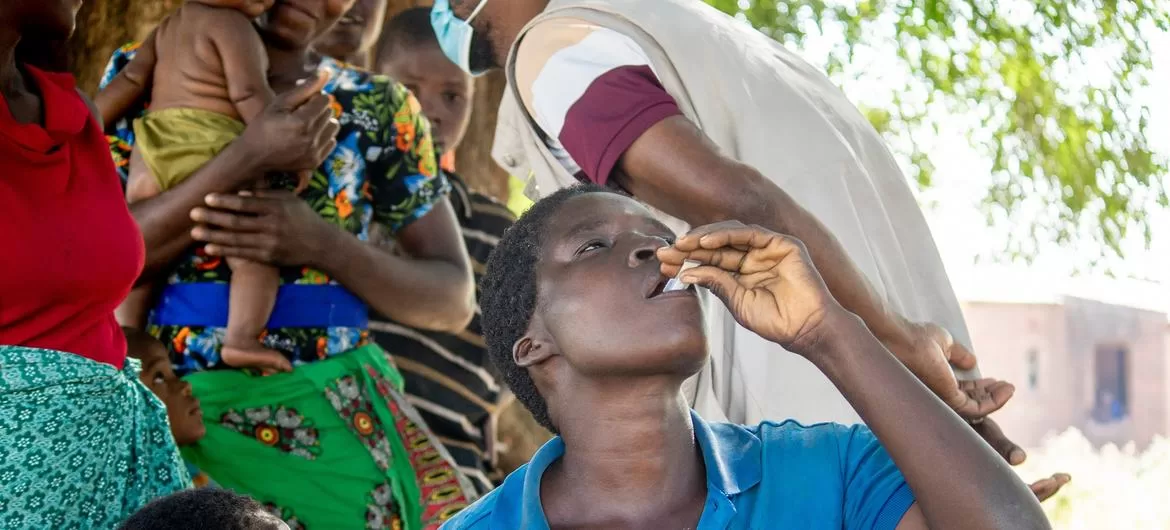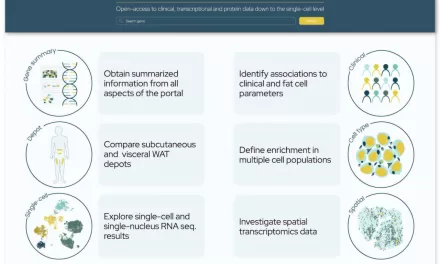December 14, 2024
A highly drug-resistant strain of cholera, first identified during the outbreak in Yemen between 2018 and 2019, has been tracked across multiple countries, reaching as far as Mayotte, a French territory, according to new research. The findings, published on December 11, 2024, in the New England Journal of Medicine, highlight the alarming global spread of the strain and its potential implications for public health.
Cholera, an infectious disease caused by the bacterium Vibrio cholerae, can result in severe diarrhea and dehydration. In its most extreme cases, cholera can be fatal within hours if left untreated. Treatment typically involves aggressive rehydration therapy and antibiotics to reduce the duration of infection and curtail transmission.
However, this newly tracked strain has shown resistance to 10 antibiotics, including azithromycin and ciprofloxacin, two of the three key drugs recommended for treating cholera. Its emergence in Yemen marked the first time such resistance was observed, with subsequent appearances recorded in Lebanon (2022), Kenya (2023), and most recently, Tanzania and the Comoros Islands, including Mayotte, in 2024.
Between March and July 2024, Mayotte experienced an outbreak of 221 cases linked to this strain, underscoring its potential for rapid spread and impact. The bacterial genomes analyzed by scientists from the National Reference Center for Vibrios and Cholera at the Institut Pasteur and the Center Hospitalier de Mayotte provided crucial data tracing the strain’s global trajectory.
“This study demonstrates the need to strengthen global surveillance of the cholera agent, and especially to determine how it reacts to antibiotics in real time,” said Professor François-Xavier Weill, Head of the Vibrios CNR at the Institut Pasteur and the study’s lead author. He further warned that additional resistance, particularly to tetracycline, could compromise all remaining oral antibiotic treatments for cholera.
The findings underscore the urgency of robust surveillance systems and coordinated international efforts to monitor and respond to drug-resistant pathogens. Cholera remains a significant public health challenge in many parts of the world, particularly in regions with limited access to clean water and healthcare.
Reference: Caroline Rouard et al., “Long-Distance Spread of a Highly Drug-Resistant Epidemic Cholera Strain,” New England Journal of Medicine (2024). DOI: 10.1056/NEJMc2408761.











